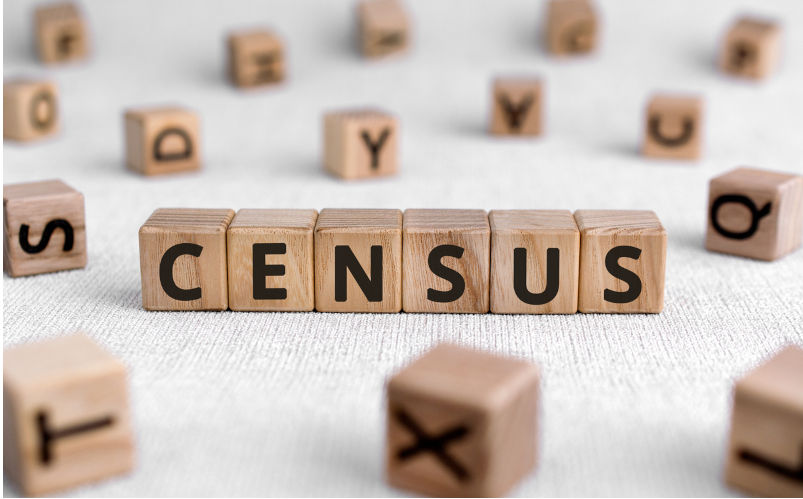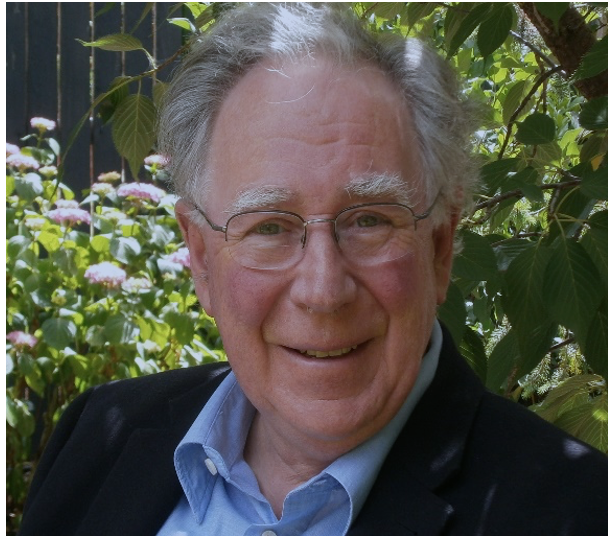Religion and the census
June 8, 2024
The Census is important because it tells us so much about ourselves. But the Australian Bureau of Statistics (ABS) is complicating the data we collect on religion.
The Australian public service is positively benign compared its US counterpart. I know how Kafkaesque the US is because I’ve had several years dealing with them in terms of taxation on minimal book royalties and visas when studying and teaching there. That’s why I have great respect for the APS, robodebt notwithstanding. Our bureaucracy is a dream to deal with compared to the Americans.
But that doesn’t mean they’re always right, as a recent proposal from the ABS shows. At issue is the religion question on the Census; it’s the only question you can decline to answer. Despite this, 93% of all residents answered it in 2021. There’s been a religion question on the Australian Census since 1911, so unlike most comparable countries we have long-term religious statistics.
At present the ABS is in the process of reviewing the 2021 Census and limbering-up for the forthcoming 2026 Census. As part of the process the ABS launched a public consultation and a number of comments were received that claimed that the way the religion question is currently asked is biased because it assumes that you have a religion.
One group calling themselves Census21 – Not Religious? have been quite vociferous. They claim that the way the question is set up now ‘results in a serious form of research bias known as acquiescence bias’ (Media release, October 29, 2022). They’ve recommended ‘as a top priority’ that the question be changed to ‘What religion does the person belong to, if any?’
Previously all you had to do was tick a box against a list of the numerically largest religions (which the ABS regularly updates), or a box for ‘No religion’ which almost 10 million Australians (38.9% of the population) ticked in 2021.
Apparently, the ABS listened to Census21 – Not Religious? because a further media release from the group praised the Bureau for taking ‘on board the public’s concerns (i.e. Census21’s concerns) regarding the biased nature of the religion question and the desire for a more acceptable evidence base to support public policy and funding decisions relating to religion’ (December 29, 2023).
There’s the nub of their argument; it’s really about ‘funding’ faith groups and churches in their ministries of education, social welfare, health, aged care and many other services they provide. In the end these arguments come back to wanting to push religion out of public life.
It’s a kind of Australian version of the French Laïcité which really aims to drive religion into the purely private sphere. In fact, by introducing the proposed procedure we’d get another form of ‘acquiescence bias’ because by just ticking a ‘No’ box you would immediately introduce another imbalance in favour of ‘No religion’ which, one suspects, is precisely what Census21 – Not Religious? aims to do.
The problem is that the ABS seems to be going along with this. In a press release the Bureau claimed there are public ‘concerns about potential bias in the question wording because it assumes a person is affiliated with a religion’ (ABS January 18, 2023), while having previously admitted that if this change went ahead the 2026 ‘data would not be comparable with data from previous Censuses.’
What the ABS is proposing is that the new question be: ‘Does the person have a religion?’ But there is only a tick box for ‘No’; there is no tick box for ‘Yes’. But following the ‘No’ box there is a space where a religious believer can write in the name of their religion. This is a complicated process that is not asked about other culturally related questions such as ancestry and it will lead to responses that are indecipherable, ambiguous, or just plain invalid.
Previously, the religion question has been part of the ‘Cultural diversity’ section of the Census which asks about ancestry, citizenship, language background and cultural identity. In previous censuses religious affiliation was asked within this context. The new setup disengages religion from identity and culture and introduces a bias in favour of ‘no religion’. This will also make affirming their religion especially difficult for people whose command of English is limited.
Dr Trudy Dantis of the Catholic Bishops’ National Centre for Pastoral Research says that the proposed new question will create a ‘double bias’ against people of faith and will ‘impact standardisation and the ability to track responses over time’. This will make it more difficult for faith communities to plan ahead and gear their ministries to serve the community. Dr. Dantis says that the previous tick your religion format ‘has been implemented successfully in successive censuses and gives us really rich data.’
Perhaps the time has come for the ABS to listen to people of faith. After all, their own figures show that believers are still the majority of the Australian population.

